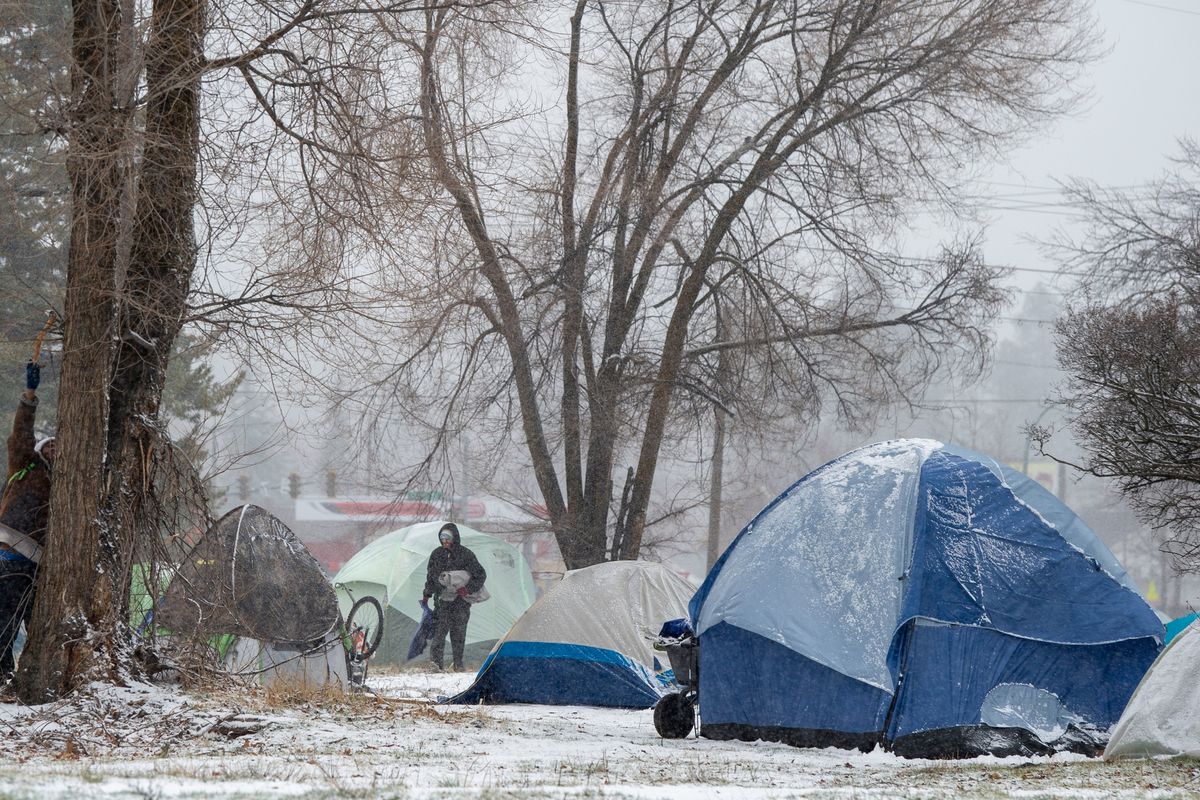State budget includes ‘significant investment’ in housing, homelessness

As part of its massive new supplemental budget, the state Legislature passed unprecedented outlays for programs combating homelessness and bolstering affordable housing.
The spending, which totals $829 million, includes a wide variety of efforts, adding funding for existing programs and creating new initiatives. A key change in this funding – some of which is doubtlessly one-time money, based on this year’s budget surplus – is an additional focus on covering ongoing operating expenses for housing facilities, as opposed to just the capital cost at the front end.
“It’s a significant investment,” said Tedd Kelleher, senior managing director for housing assistance for the Department of Commerce. “In the future, they’ll really look back to this year and say, ‘Wow, that was a real pivot.’ ”
Many of the projects require communities or nonprofits to compete for the funds through a grant process; the philosophy is for the state to work with local communities to support plans tailored to their particular circumstances.
“It’s going to look different in Spokane than it does in Yakima or Tacoma, or than it does in Chehalis,” said Jim Baumgart, policy adviser to Gov. Jay Inslee.
The funding includes $114 million for the Housing Trust Fund, which finances affordable housing projects for low-income people, and $240 million for Rapid Capital Housing Acquisition, which funds the purchase of properties that communities can use as shelters or supportive housing. Together, that funding could add 3,890 housing units statewide.
The rapid housing fund has already been awarding grants for the purchase of properties, such as abandoned motels, for communities to turn into housing for homeless people. Many local leaders were frustrated last year that no Spokane government sought those funds, as other cities were opening shelters.
Lisa Brown, Commerce Department director, former congressional candidate and Spokane resident, said that she hopes leaders here try to take advantage of the additional resources from the state.
“I’m still concerned that our local governments in Spokane County have not stepped up enough to take advantage of that and to lead the effort to identify properties, bring nonprofits in and make an application,” she said last week.
She and Kelleher emphasized that the inclusion of more operating funds will go a long way toward helping local governments take advantage of the programs.
Among the other parts of the housing and homelessness budget is the Apple Home and Health plan, which would allow people who receive Medicaid to apply those funds toward support services that will help keep a person stably housed, such as behavioral health care or assistance in a crisis.
A large part of Inslee’s goal going into the session was to work to prevent homelessness and keep people housed, Baumgart said. That includes funds for renters to prevent evictions and for landlords to offset certain costs and losses.
All told, it’s a lot of spending – but it’s also a huge problem. Baumgart said that our housing shortage is a $45 billion problem, if not bigger. It’s not all the state’s burden, of course, but the unprecedented outlay will only address a small part of it.
“We’re putting (almost) a billion dollars toward a multibillion dollar problem,” he said.
It’s all oriented toward a simple notion: The best first step for fighting homelessness is a roof.
“The key to ending homelessness is to give people housing,” Baumgart said.